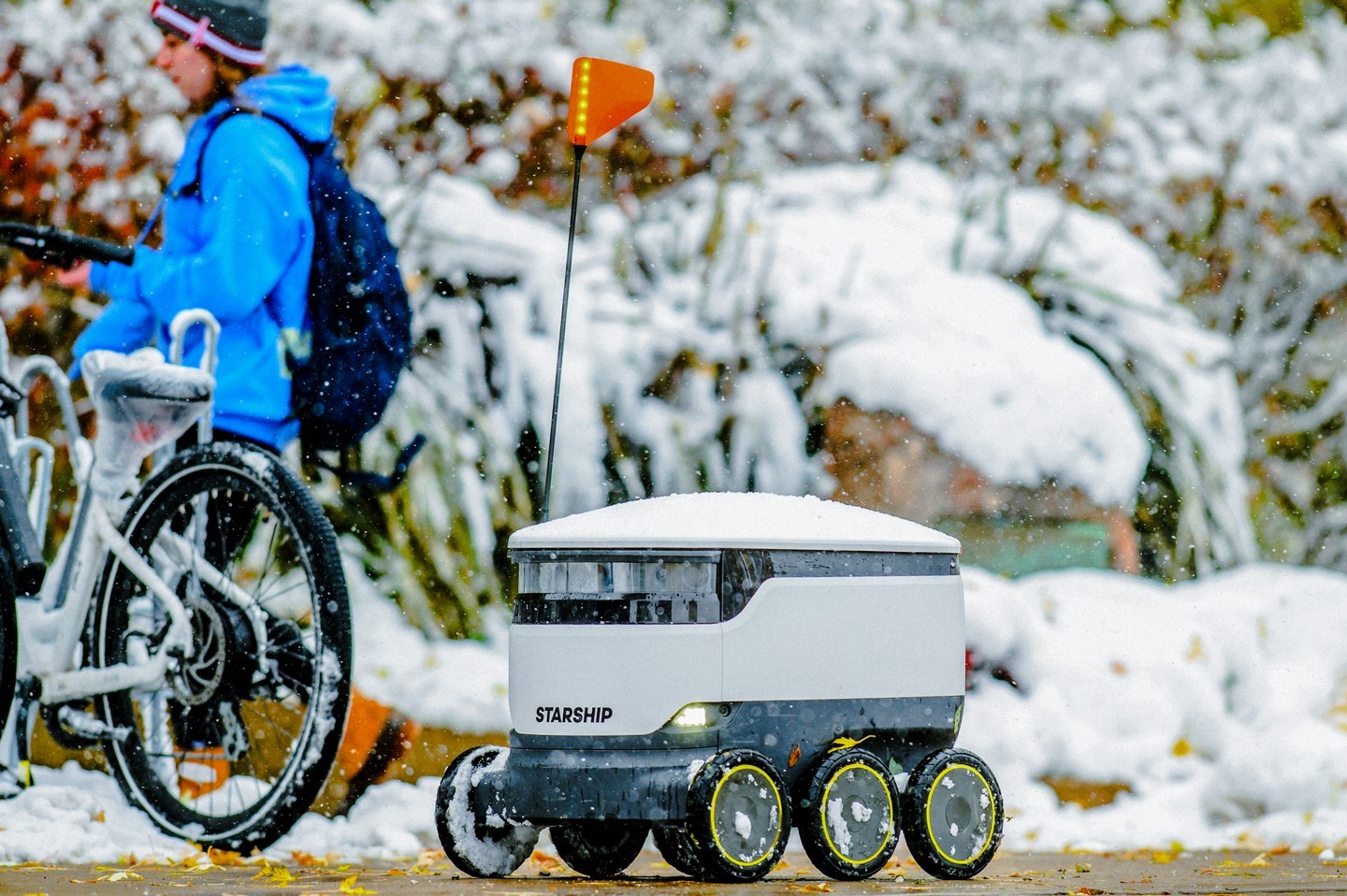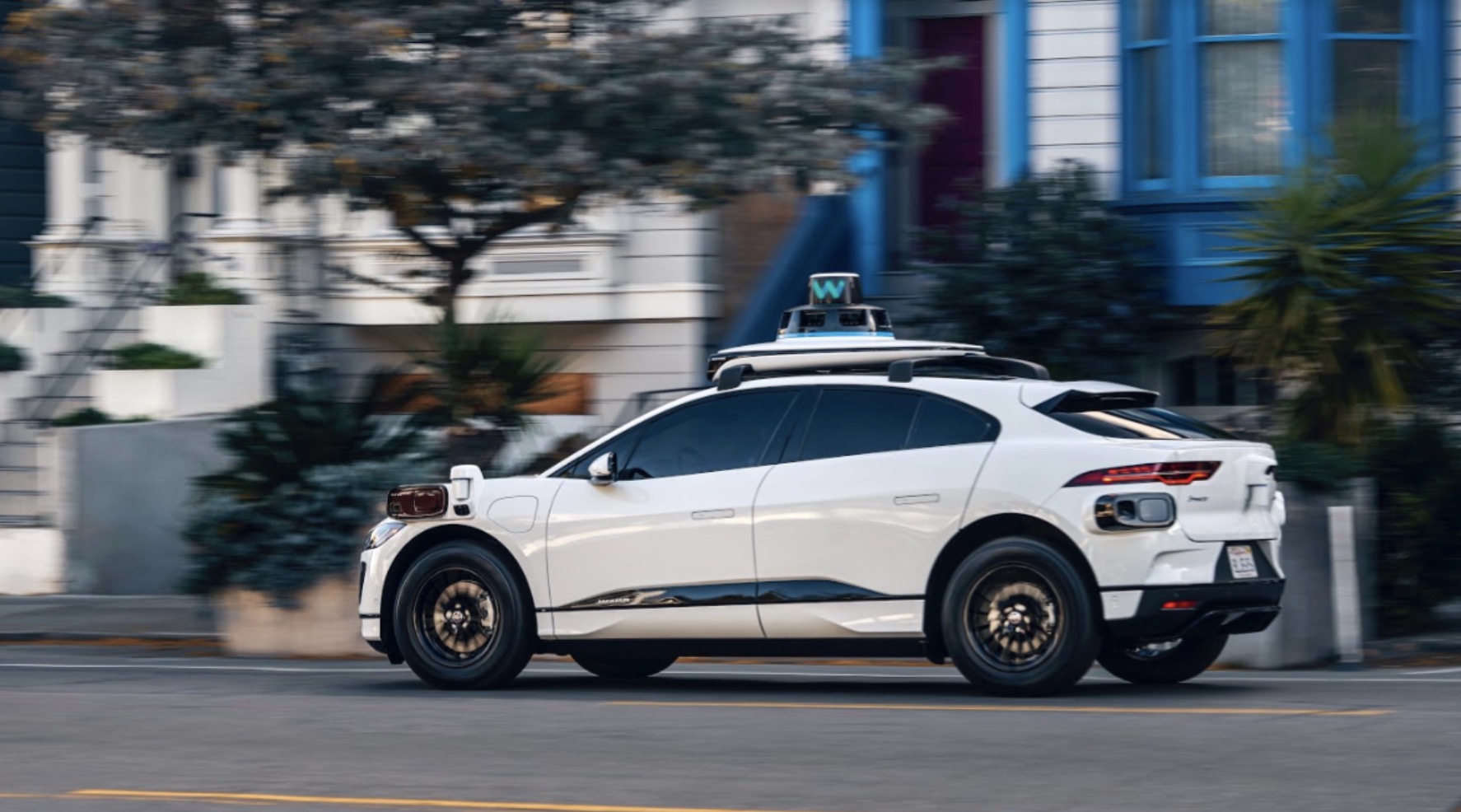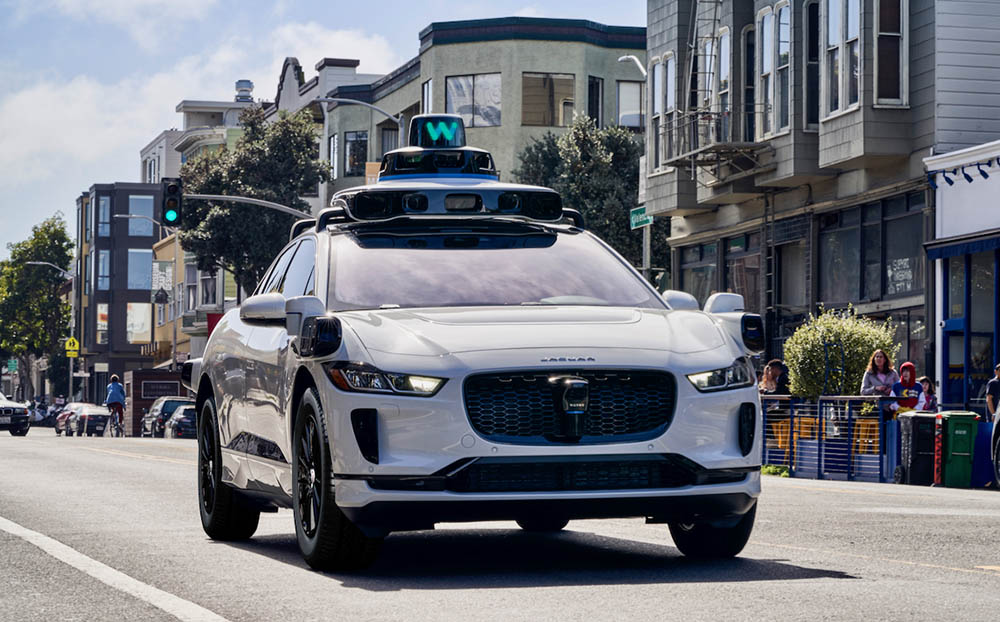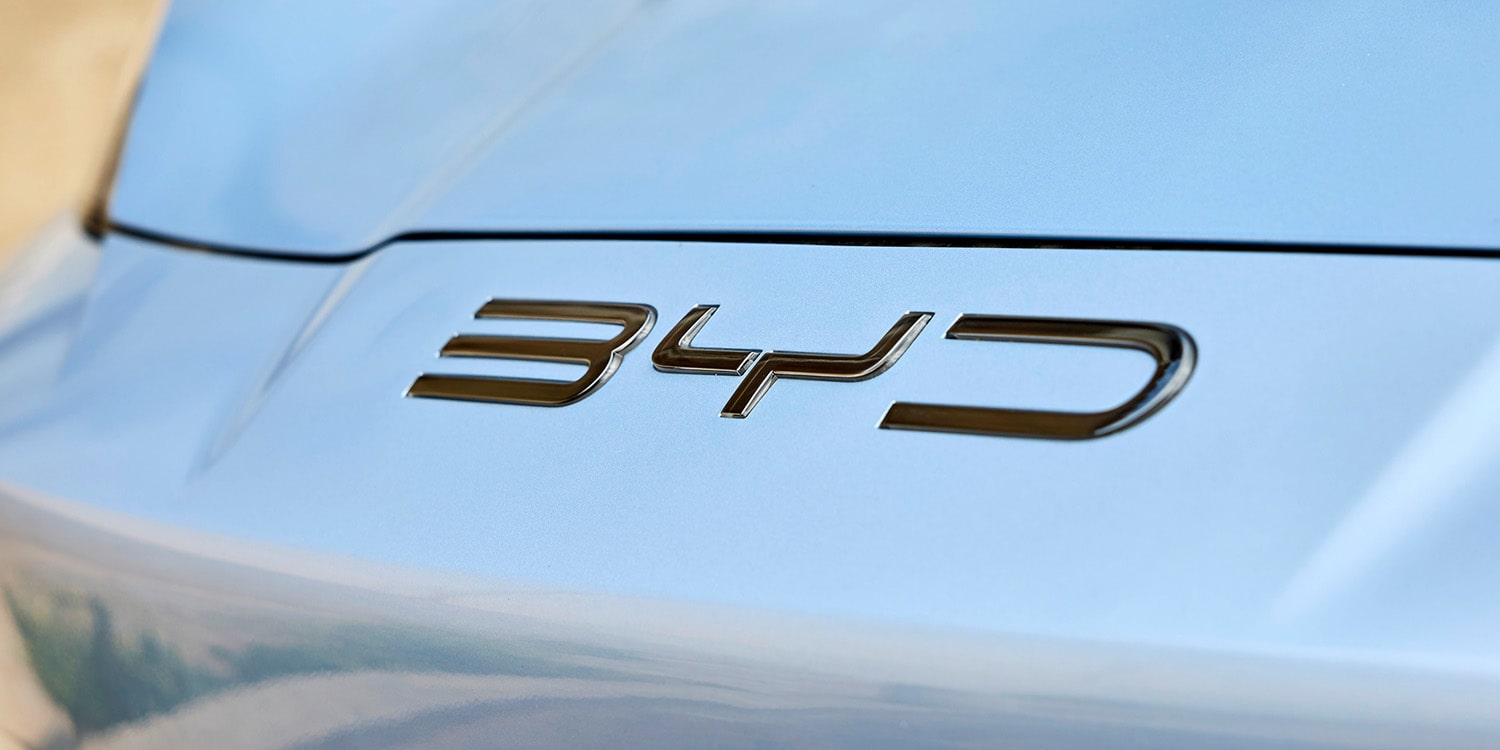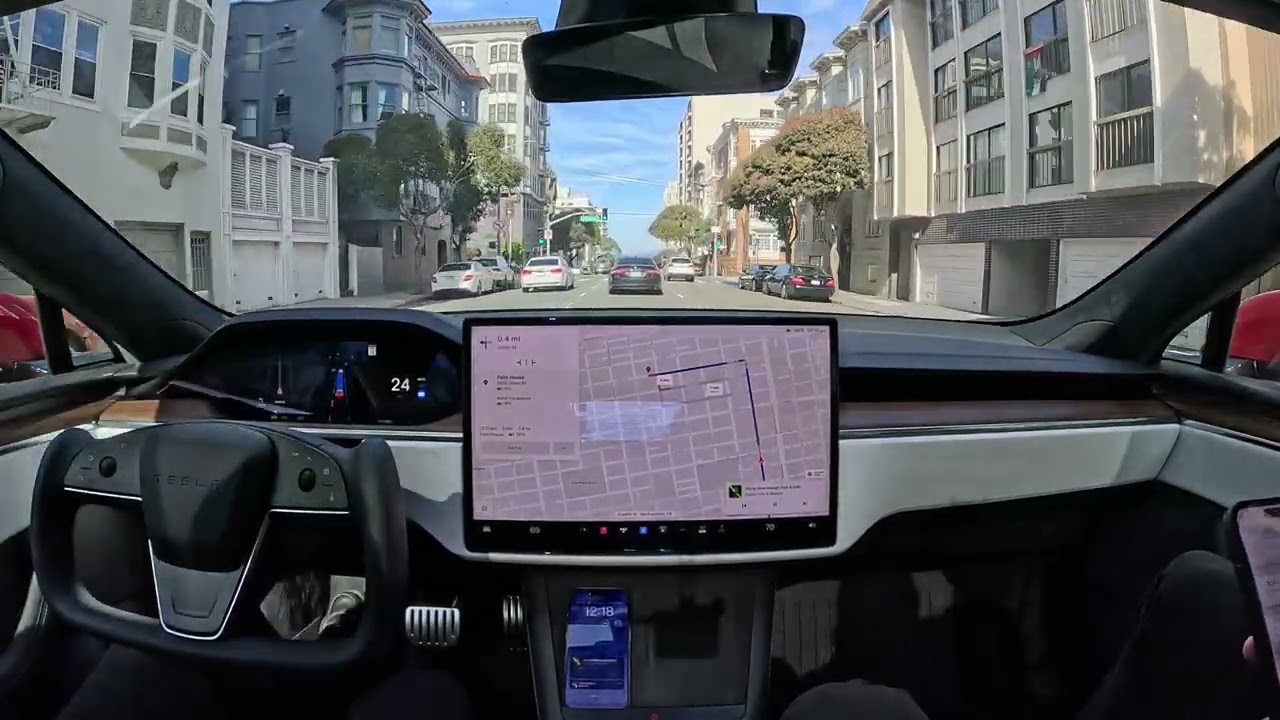The California Public Utilities Commission (CPUC) is set to convene on Tuesday to consider General Motors’ Cruise unit’s proposal to resolve an investigation into its failure to disclose crucial details regarding a pedestrian crash involving a self-driving car.
In December, the CPUC summoned Cruise, citing the company for allegedly misleading the agency by withholding information about the extent and severity of the accident. The commission also accused Cruise of making deceptive public statements regarding its interactions with regulatory authorities.
See also: General Motors Announces $1 Billion Cut in Spending for Cruise Amidst Regulatory Scrutiny
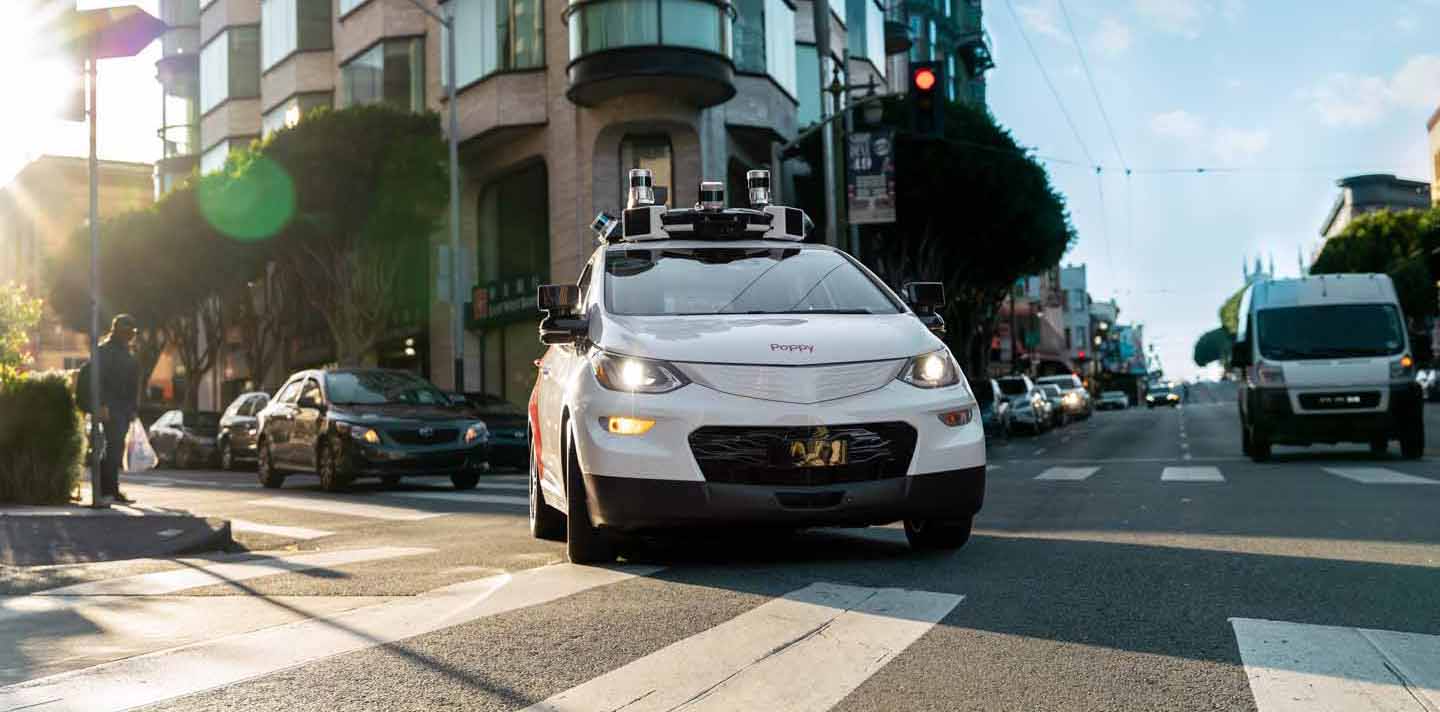
The incident in question occurred on October 2, when a pedestrian, struck by another vehicle, was propelled into the path of a self-driving Cruise vehicle, resulting in a 20-foot drag. Following the incident, California suspended Cruise’s testing permit, prompting the company to halt all U.S. testing operations.
According to CPUC, Cruise officials failed to disclose crucial details about the crash during a subsequent conversation with a commission analyst. Specifically, the company omitted information regarding the involvement of its vehicle in the pullover maneuver, which led to the pedestrian being dragged further at a speed of 7 mph.
In response to the investigation, Cruise has offered to pay $75,000 to settle the matter and has undertaken measures to enhance its reporting of collisions to regulatory authorities. The company commissioned a report from law firm Quinn Emanuel, which concluded that Cruise did not intentionally mislead regulators. Additionally, a technical review conducted by engineering firm Exponent revealed mapping errors and misidentification of the collision nature by the Cruise vehicle’s software, prompting necessary updates.
See also: GM’s Cruise Faces Extended Challenge in Convincing Regulators and Public on Safety
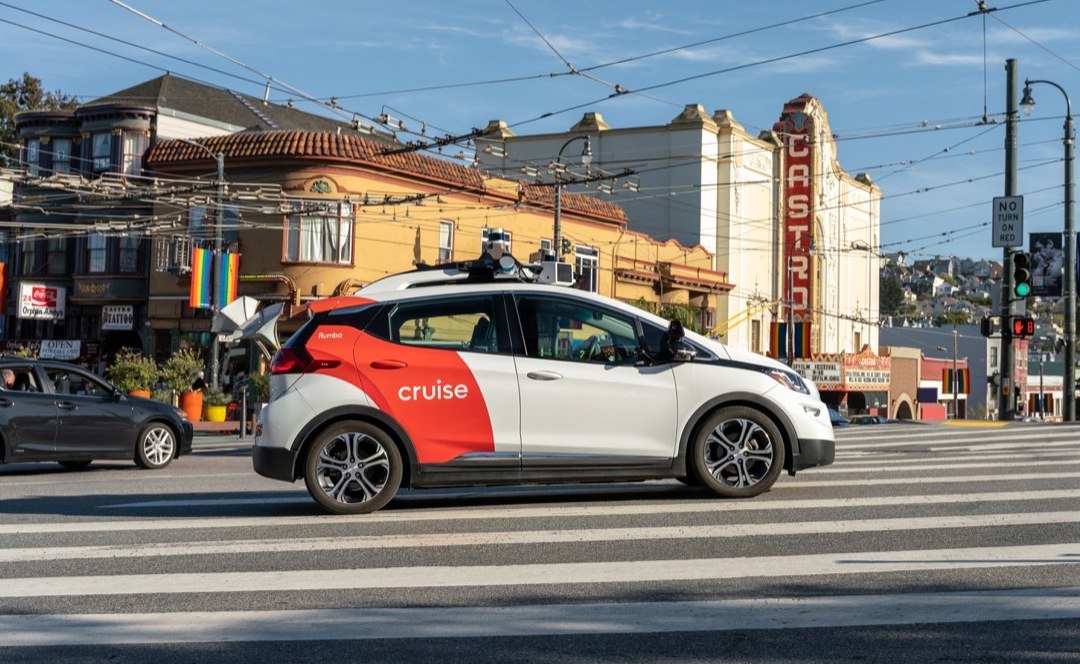
Following the incident, California suspended Cruise’s driverless testing license, leading to the withdrawal of all U.S. self-driving vehicles by the company. Cruise’s CEO Kyle Vogt and co-founder Dan Kan resigned in November, and in December, the company announced a workforce reduction of 24%. General Motors disclosed plans to reduce spending at Cruise by approximately $1 billion in 2024.
In a related development, the National Highway Traffic Safety Administration initiated an investigation into pedestrian safety risks associated with Cruise’s operations.


